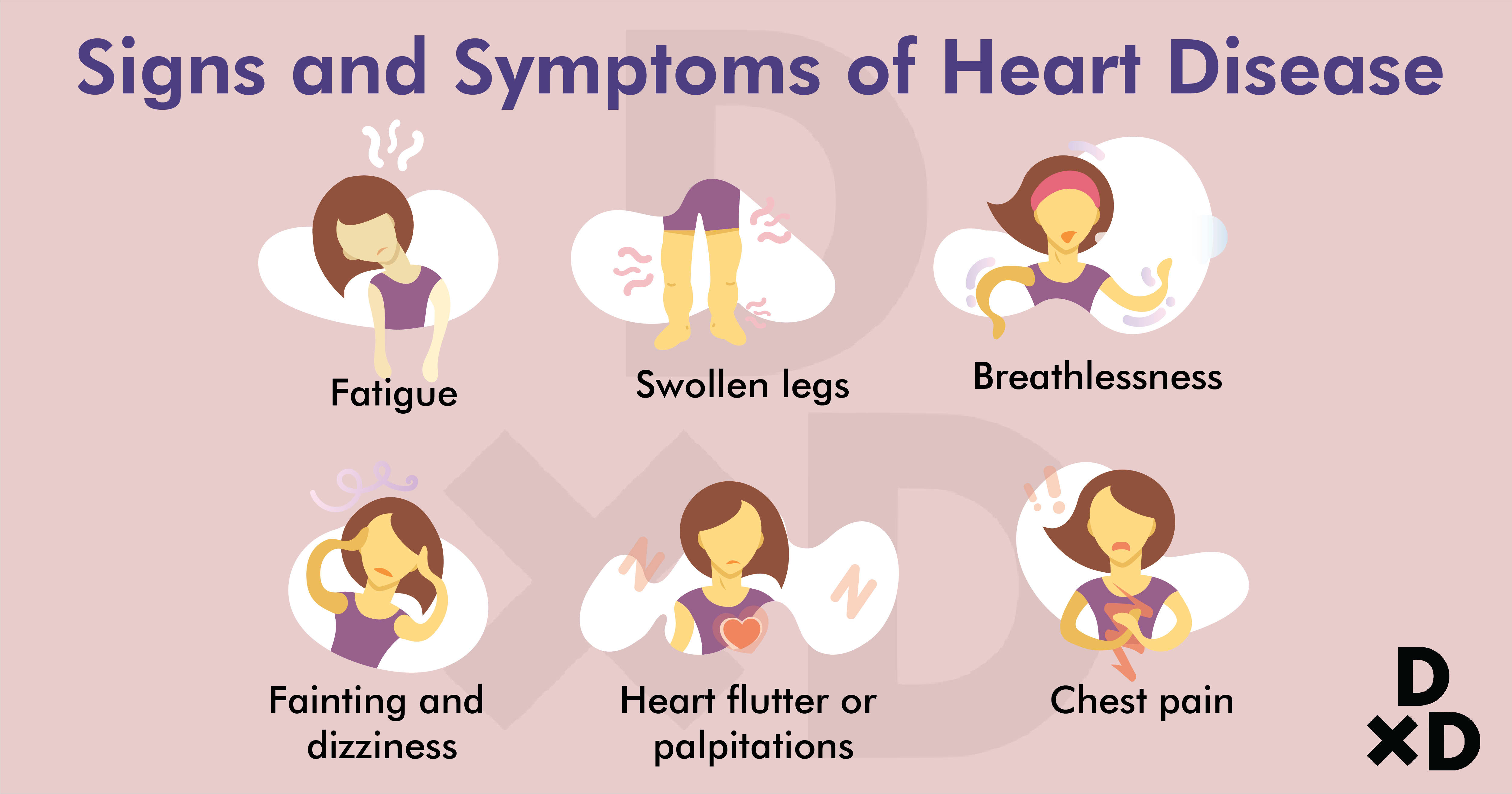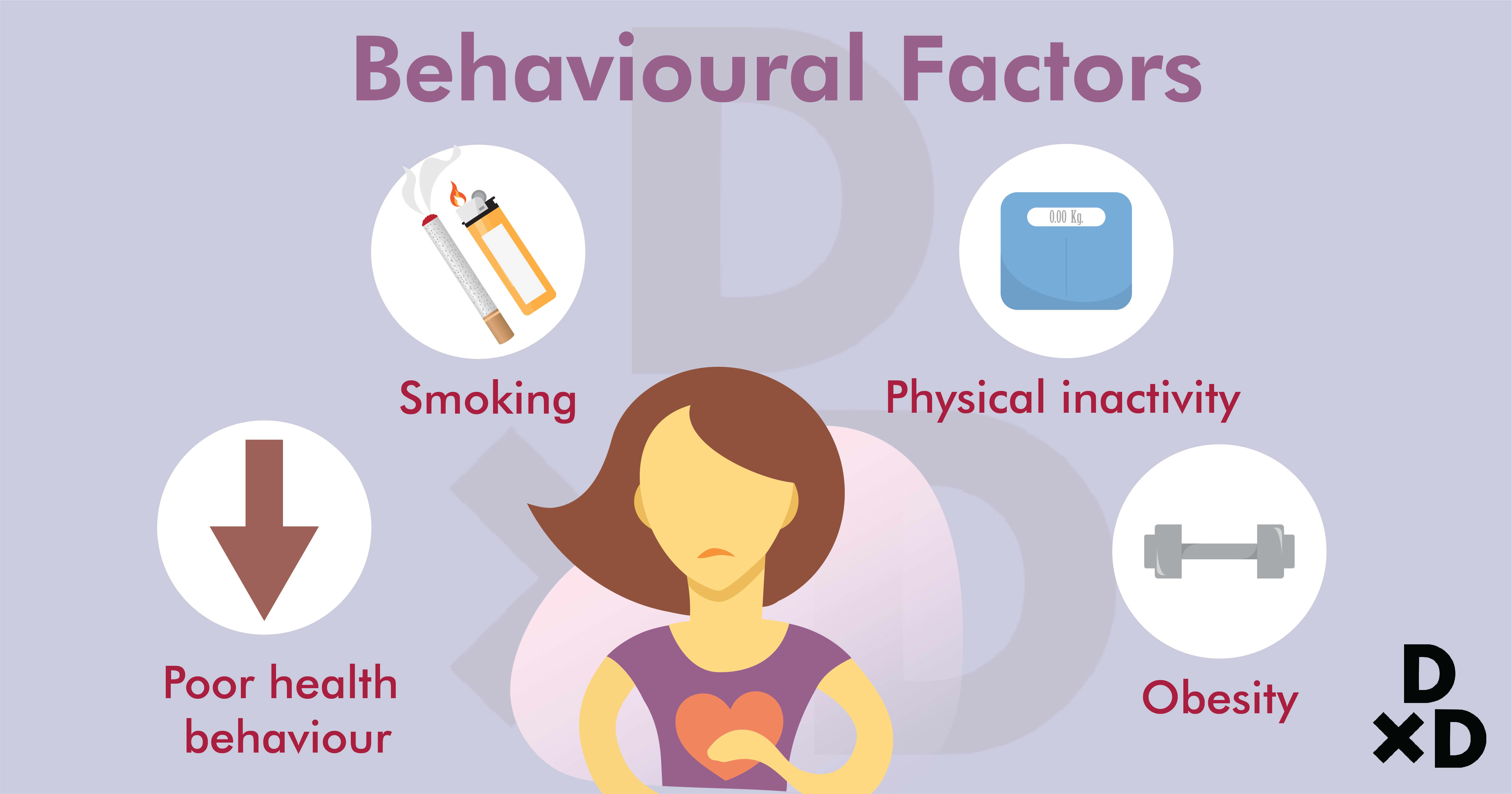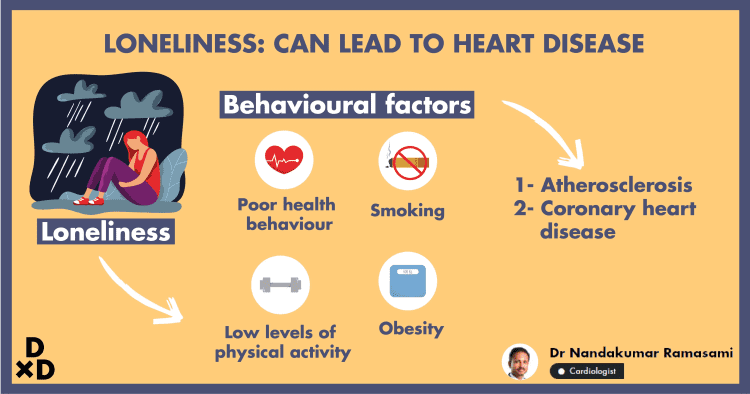Missed our webinar on When Chest Pains are a Warning: Intervention for Heart Conditions? Watch out for more webinars or the highlights on Sessions and Videos!
When we talk about breaking hearts, we don’t mean it literally, do we? However, here's the twist: hearts can indeed be broken. We even have a name for it—“broken heart syndrome”.
Heart disease can be devastating as it can affect someone during their most productive stages. In fact, heart disease is the leading cause of death worldwide.
Learn all about seeing a Psychiatrist here!
What are the different types of heart diseases?
Heart disease comes in many forms. Some of the common ones are:
Types of heart disease
Terms
Congenital heart disease
It refers to a heart structure defect. Common conditions include a hole in the septum, blockage or leakage of the heart valves. A person can be born with congenital heart disease [1].
Arrhythmia
Usually indicates an issue with the electrical rhythm of the heart. A fast and irregular heartbeat, like a “flutter”, is a common type of arrhythmia [2]
Coronary artery disease (CAD)
The most common heart disease. It involves the narrowing or blocking of coronary blood vessels. Chest pain is the usual symptom, among others [3].
Myocardial infarction or heart attack
Happens when insufficient or no blood reaches heart muscles. It is usually due to a sudden blockage in the coronary blood vessels (e.g. due to a clot or plaque) [4].
Cardiomyopathy
Hypertrophic cardiomyopathy is a disorder that involves the thickening of the heart muscle. As a result, it can cause a sudden collapse and be fatal. Hence, it is particularly important to look for it in athletes.
It can be present from birth or develop later in life. It can also be inherited and passed on to children.
Dilated cardiomyopathy is also common. It usually develops after a transient viral infection. It happens when some or all the major heart chambers are dilated and heart muscles become too weak to pump blood effectively [5].
Heart valve problems
Usually due to a defect at birth, acquired infection or degeneration later life.
The valve can be very narrow, causing blockage to blood flow (valvular stenosis). The valve can also leak, causing the chambers to dilate [6].
Heart failure
When the heart muscles become weak, heart failure occurs as the pumping is not efficient [7].
What are the signs and symptoms of heart disease?

Symptoms can vary depending on the condition. That said, the most common symptoms are [8]:
- chest pain
- breathlessness
- fatigue
- heart palpitations
- fainting and dizziness
- swollen legs
For elderly and women, apart from the above symptoms, they can also have:
- heartburn or indigestion,
- vague chest discomfort or heaviness,
- severe fatigue and
- profuse sweating.
In elderly folks, a slow heart rhythm (bradycardia) is common. As a result, it can present symptoms like:
- dizziness,
- fainting and
- frequent falls.
For these reasons, I would highly suggest that you consult a specialist if you experience any of the symptoms above.
How does loneliness affect the heart?

Loneliness is difficult to define as it is very subjective. It usually means feeling unhappy. This could be due to a lack of societal relationships (isolation) or having problems in those relationships. For some time, it has been known that loneliness and both coronary heart disease and stroke are linked.
Loneliness plays a part in heart diseases through behavioural factors such as:
- poor health behaviour,
- smoking,
- low levels of physical activity and
- obesity.
In addition, there are certain physiological changes that can cause antioxidant stress due to loneliness, such as:
- weaker immune systems,
- hypertension and
- mental health issues.
These can then lead to atherosclerosis and coronary heart disease.
What types of heart diseases can arise from loneliness?

An article published in 2009 looked at loneliness and heart disease in women over 19 years. In it, loneliness was shown to have a higher effect on the risk of coronary heart disease [11]. It is known that loneliness is a common cause of stress. In an earlier study, there was a 40-60% increased risk of coronary heart disease [10]. It was said to be because of chronic stress.
Want to know more about Heart Disease in Women? Click here!
A study in 2015, found that loneliness and isolation were associated with an almost 30% increased risk of both coronary heart events and stroke [9]. Similarly, a recent study in 2018 confirmed that loneliness is a strong predictor of poor outcomes in both men and women.
The DenHeart study also showed that loneliness was a strong reason for the poor outcomes in all kinds of heart disease. This can also include:
- arrhythmias
- heart failure
- ischemic heart disease
- and heart valve disease
What are some ways to relieve loneliness?

Loneliness doubles the mortality risk in women and is close to double in men. Therefore, it is not something you should take lightly off. It is a strong predictor of premature death with heart disease in both men and women.
European guidelines [13] currently recommend patients with cardiovascular disease to be assessed for psychosocial risk factors.
These include [12]:
- high workloads,
- tight deadlines,
- lack of control of the work and working methods.
It is, therefore, crucial that we know the importance of maintaining good ties with your family and friends. With that said, having a balanced work-life as well as making new friends could also be good for your health!
This article is written in collaboration with the Singapore Heart Foundation. Check out their Dec 2019-Feb2020 newsletter issue here to read more about important "matters of the heart"!
%treatmentquote title=Get quote for Heart Disease Treatment%
Dr Nandakumar Ramasami received his cardiology and internal medicine qualifications from the Royal College of Physicians. Besides that, he has served as a consultant interventional cardiologist in a substantive position in the UK.
Read more from Dr Nandakumar Ramasami in his Q&A here.
Would you like to ask any related health questions?
You can Ask A Doctor right away, or view the complete list of Human Sessions.

